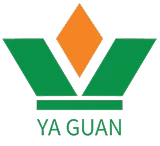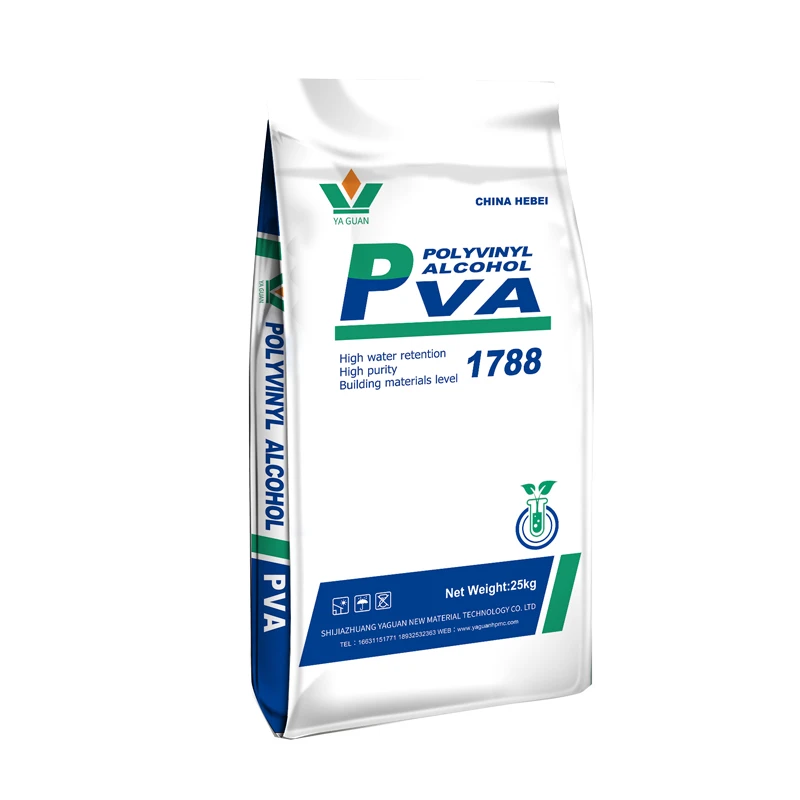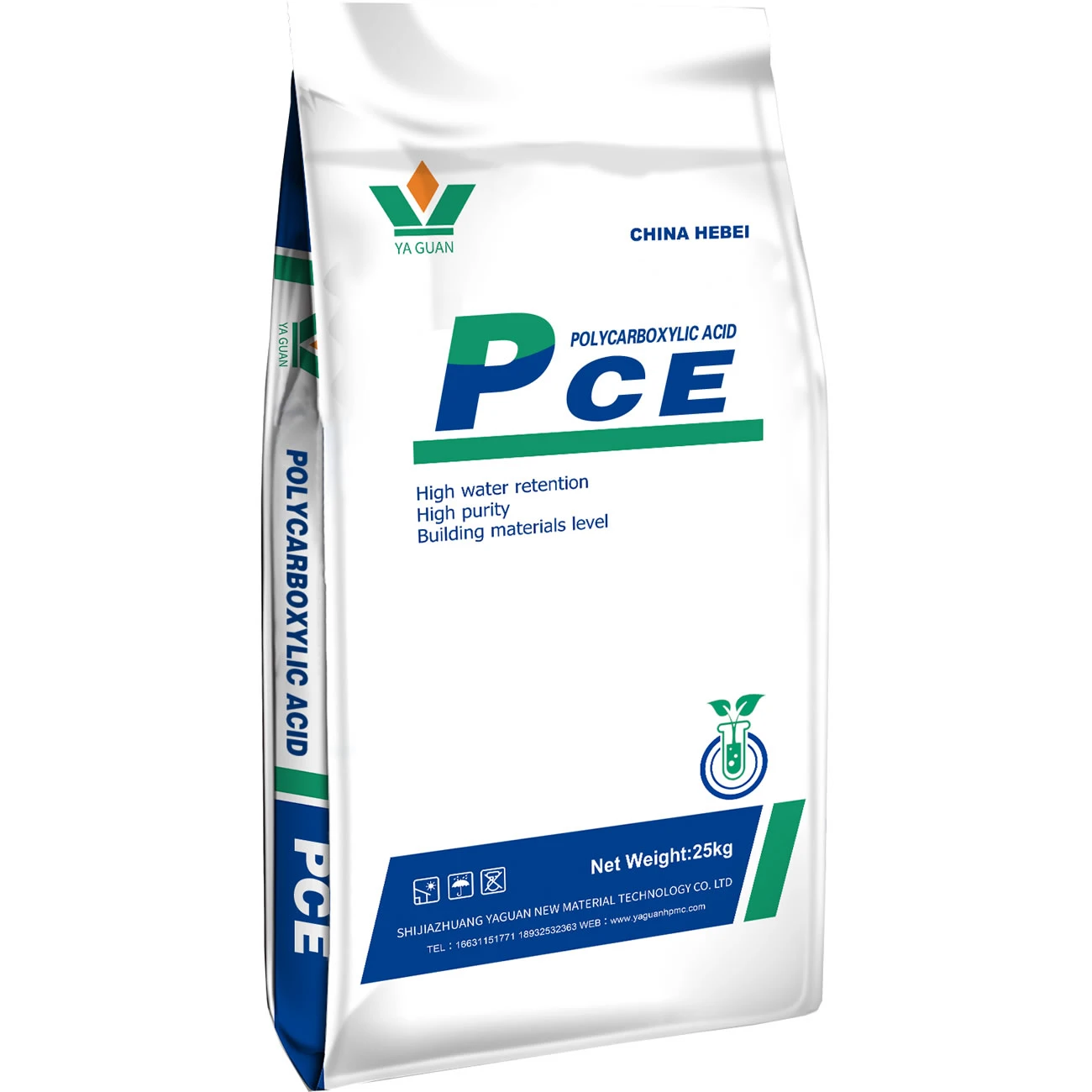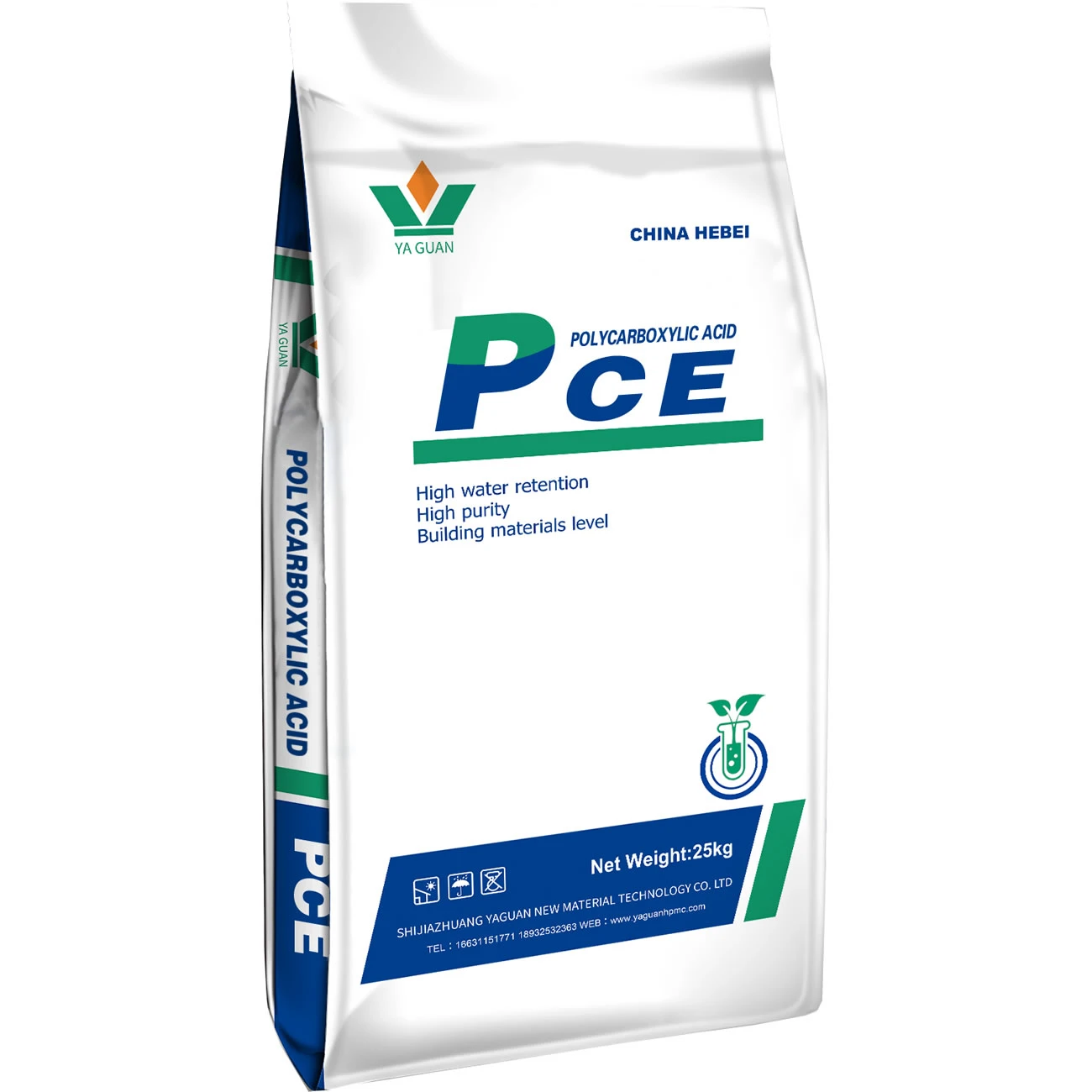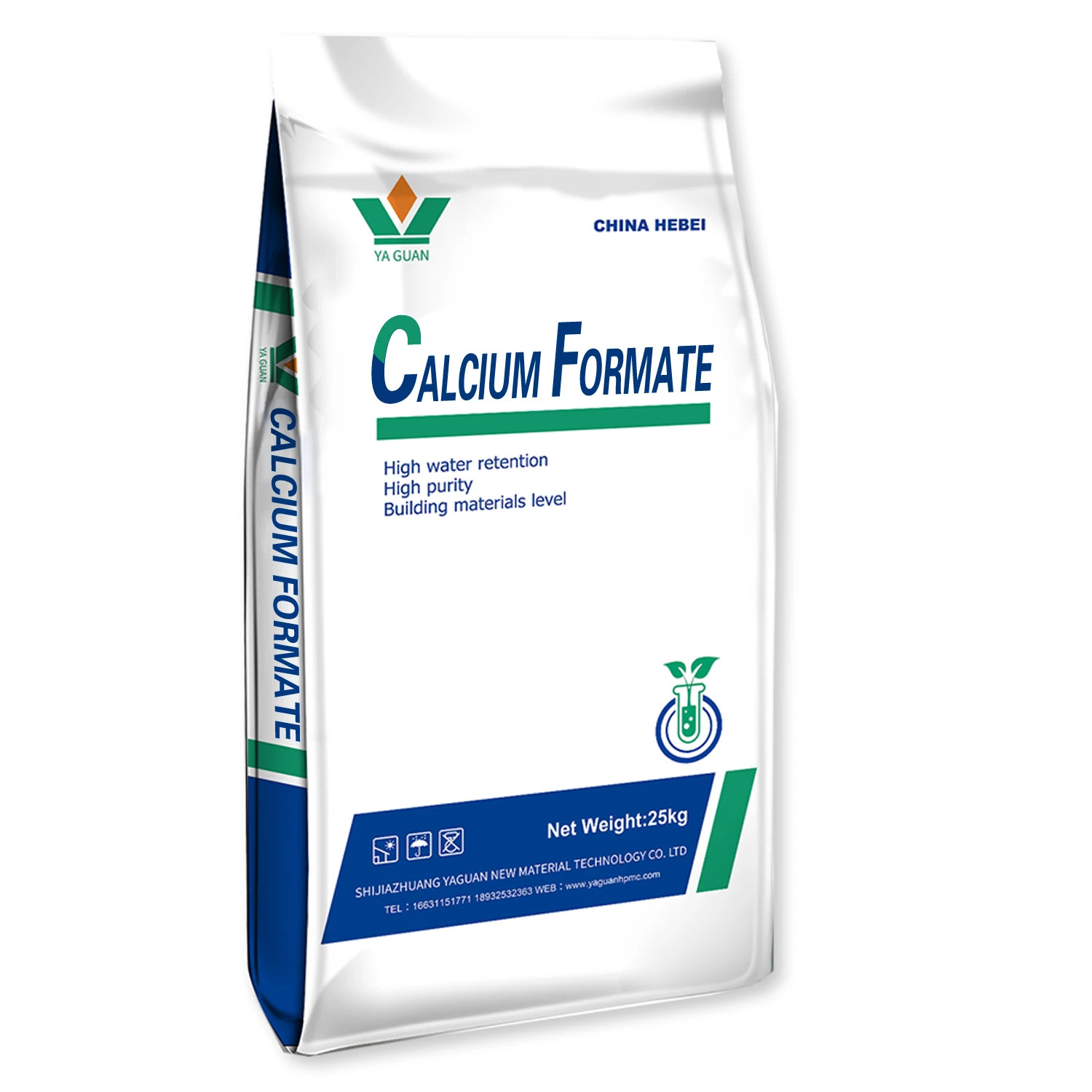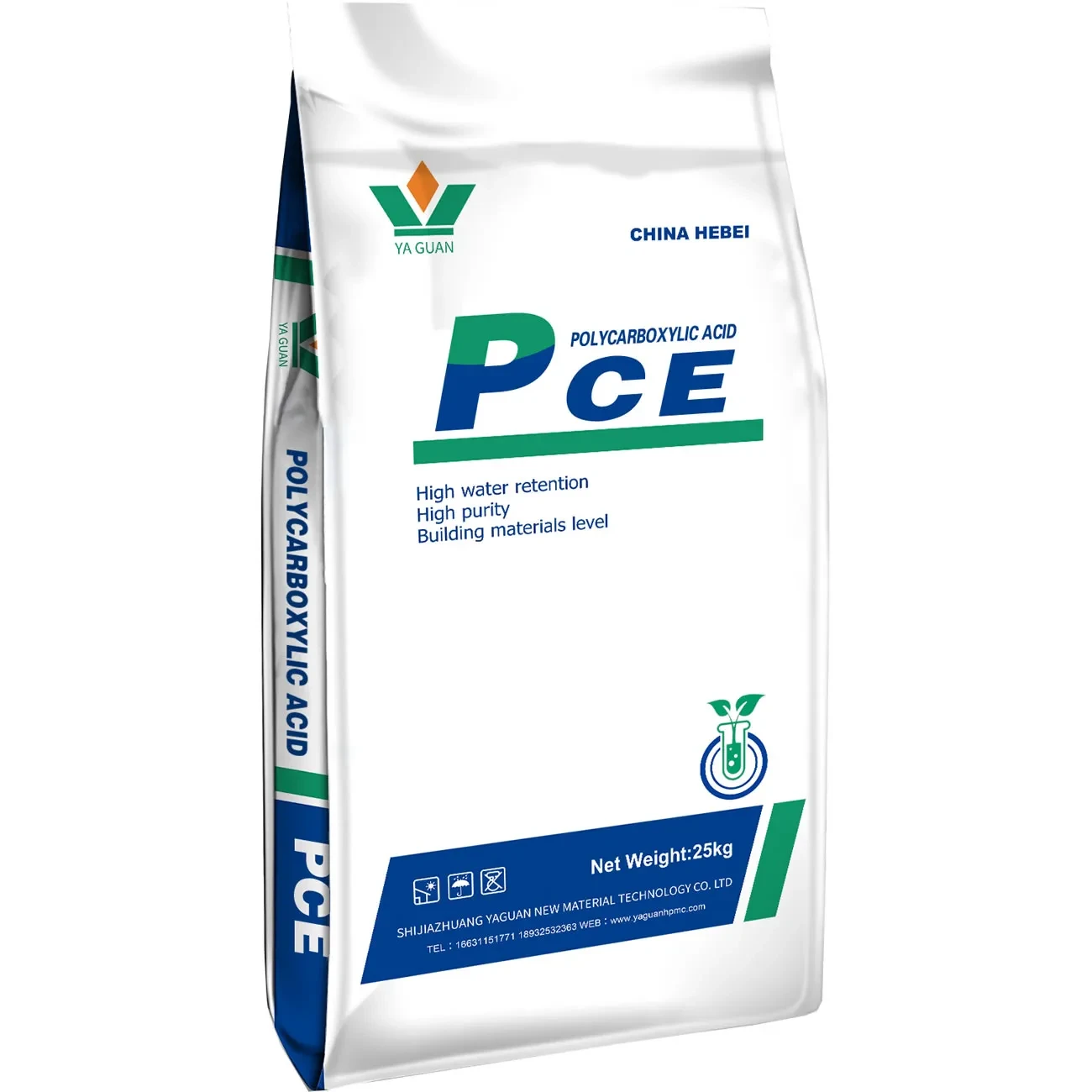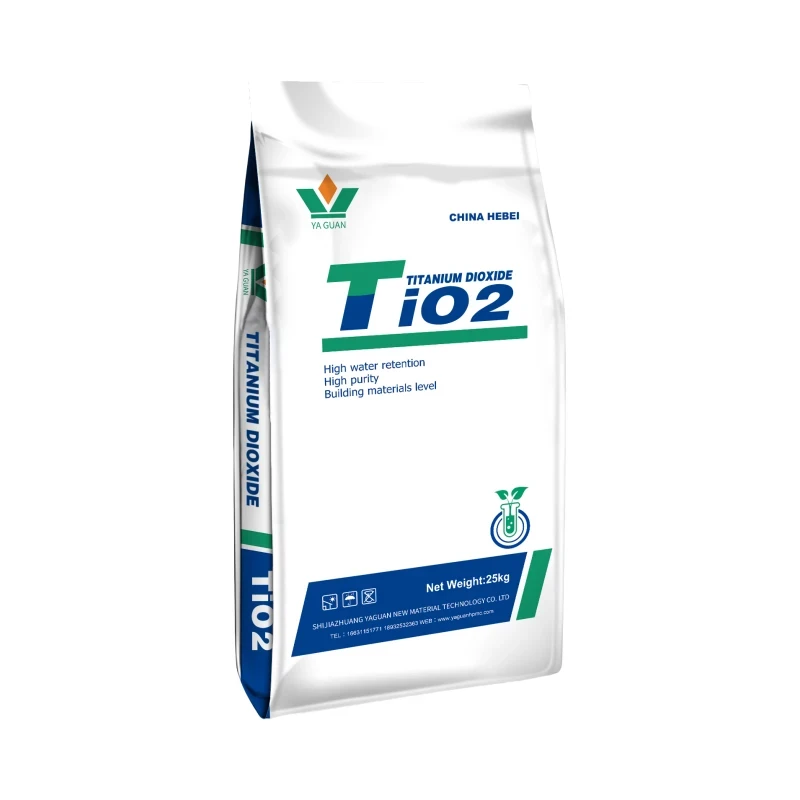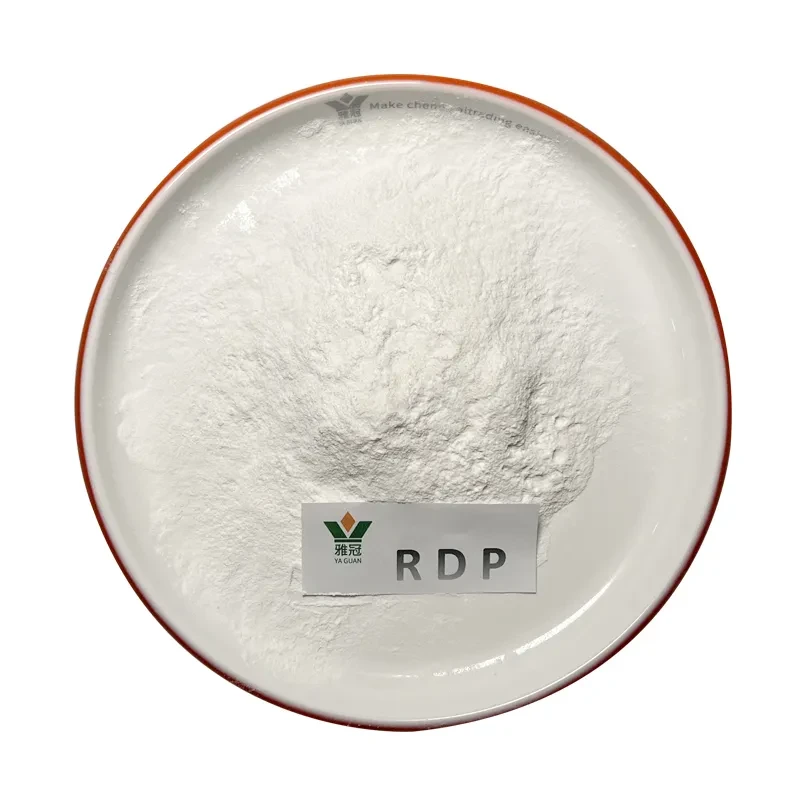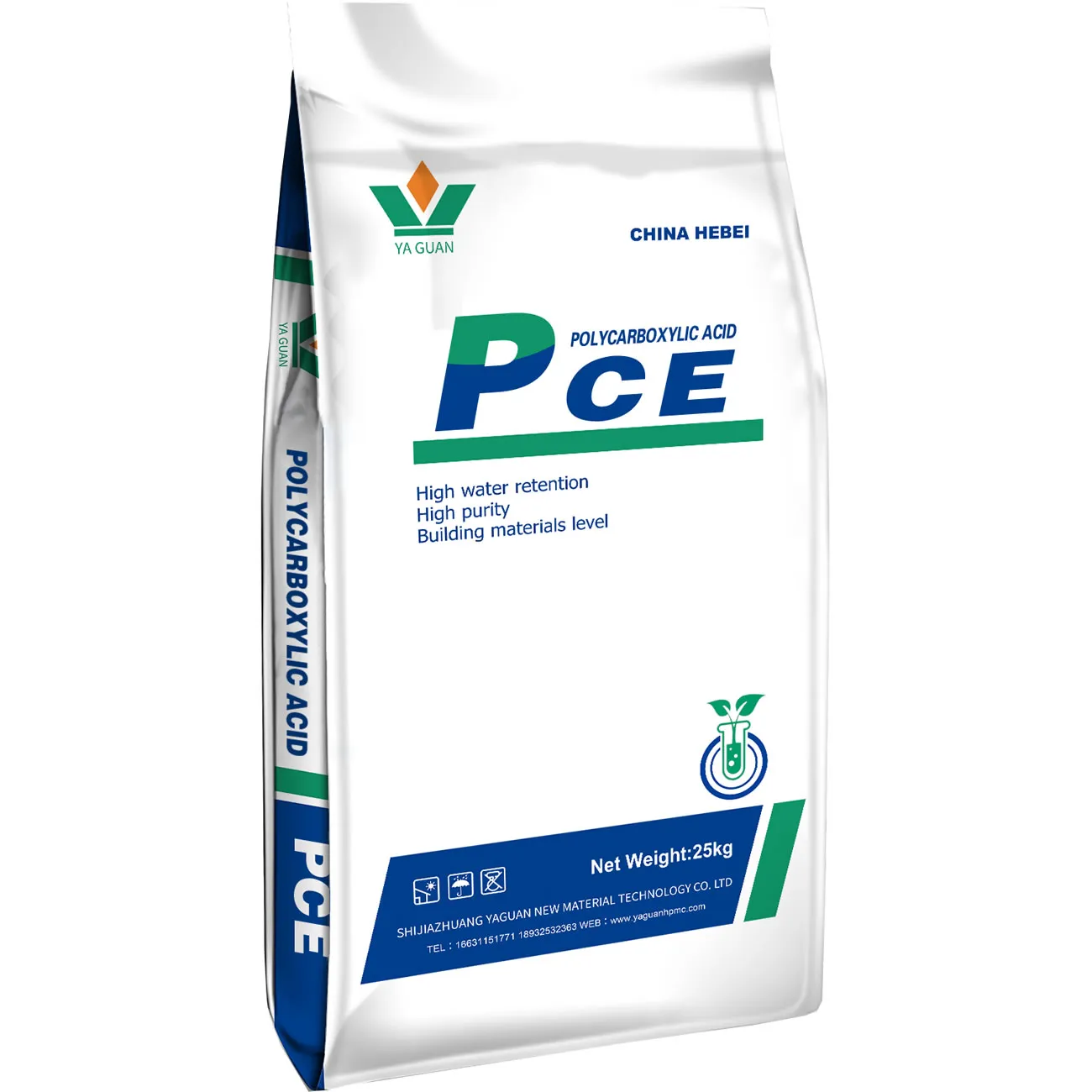
- Introduction to PVA suppliers and related chemical suppliers
- Market data and global demand trends for PVA, HPMC, and Hydroxypropylmethylcellulose
- Technical advantages and innovations in PVA production
- Supplier comparison: PVA, HPMC, and Hydroxypropylmethylcellulose suppliers
- Customized solutions and R&D capabilities
- Application case studies: industrial, pharmaceutical, and construction sectors
- Choosing the right pva supplier
for lasting value

(pva supplier)
Introduction to pva supplier and Related Chemical Providers
Polyvinyl Alcohol (PVA) is a synthetic polymer that has found widespread use in numerous industrial, pharmaceutical, and construction applications due to its versatility, water solubility, film-forming, and adhesive properties. In parallel, Hydroxypropylmethylcellulose (HPMC) is a cellulose-derived compound valuable in similar sectors, especially as a thickener, binder, and film former. Entities seeking a reliable pva supplier often also require hydroxypropylmethylcellulose supplier and hpmc supplier partnerships to ensure the seamless operation of their manufacturing or processing lines. This article examines the core dynamics, data-driven trends, and innovative capacities within the supplier ecosystem—guiding enterprises to quality procurement and competitive advantage.
Market Data and Global Demand Trends
Recent market research indicates that the global PVA market size exceeded USD 3.8 billion in 2023, with an anticipated CAGR of 6.4% through 2030. This growth is propelled by demand in construction (for adhesives and coatings), textiles, and the pharmaceutical industry where water-soluble polymers are critical. Similarly, the HPMC market was valued at USD 1.5 billion in 2023, projected to grow over 5% annually as the food, pharma, and construction sectors continue to innovate.
A snapshot of consumption by region illustrates robust growth in Asia-Pacific, accounting for 45% of PVA consumption worldwide. In Europe and North America, stringent environmental standards have driven higher demand for products from reputable HPMC and hydroxypropylmethylcellulose suppliers, highlighting not only market opportunity but also the necessity for strict quality and compliance.
Technical Advantages and Innovations in PVA Production
Not all PVA formulations are equivalent; advances in polymerization and green chemistry have enabled the development of low-residual, high-strength grades with exceptional solubility and thermal stability. Leading manufacturers have invested in proprietary technology for precise degree of polymerization and hydrolysis control, optimizing viscosity and performance for end-users.
For HPMC and hydroxypropylmethylcellulose suppliers, the index of substitution and particle size distribution are critical factors influencing performance in controlled-release pharmaceutical tablets and high-end construction mortars. The technical capacity to provide custom grades, including ultra-low ash content and specific molecular weights, differentiates premium suppliers in the market.
| Property | PVA | HPMC | Hydroxypropylmethylcellulose |
|---|---|---|---|
| Degree of Polymerization | 500-2500 | NA | NA |
| Viscosity (mPa·s) | 4-60 | 5-100,000 | 3-90,000 |
| Ash Content (%) | <0.5 | <1.0 | <1.0 |
| Solubility | Water | Cold/Hot Water | Cold/Hot Water |
| Environmental Certification | Available | Available | Available |
Supplier Comparison: Market Leaders and Specialty Providers
The competitive landscape of the PVA, HPMC, and hydroxypropylmethylcellulose supplier market is shaped by manufacturers who emphasize vertical integration, sustainability, and R&D investment. Major global PVA suppliers are typically headquartered in Japan, South Korea, and China, with the likes of Kuraray, Sinopec, and Chang Chun driving large-scale supply. For the HPMC segment, leading suppliers include Dow (USA), Ashland (USA), Lotte Fine Chemical (South Korea), and Shandong Head (China). These organizations distinguish themselves through compliance certifications, traceability, and custom technical service.
Comparing supplier offerings involves evaluating not only price and logistics but also batch-to-batch consistency, technical matching, documentation, and after-sales support. Below is a supplier comparison capturing key differentiators:
| Supplier | Primary Product | R&D Capability | Traceability | Lead Time (Days) | Technical Service |
|---|---|---|---|---|---|
| Kuraray | PVA | High | Full | 21-28 | Dedicated Team |
| Dow | HPMC | Very High | Full | 18-30 | Laboratory Access |
| Shandong Head | Hydroxypropylmethylcellulose | Medium | Partial | 25-40 | Available |
| Sinopec | PVA | Medium | Full | 20-35 | Standard |
Customized Solutions and R&D Capabilities
A leading trend among top-tier PVA and HPMC suppliers is the ability to develop custom polymer grades tailored to clients’ process parameters and product requirements. Manufacturers in the pharmaceutical and specialty chemicals sectors, for example, frequently request fine-tuned viscosity ranges, specific molecular weight distributions, and compliance documents (USP, EP, JP) for new formulations.
Investment in R&D has enabled some suppliers to shorten development cycles, moving from customer briefs to lab samples within weeks. Advanced equipment, in-house analytics, and a highly qualified science team facilitate joint development projects—resulting in new grades with superior film-forming, adhesion, or dispersibility characteristics.
Emerging technologies include biodegradable and low-carbon PVA variants as firms respond to sustainability mandates. Hydroxypropylmethylcellulose is undergoing similar evolution with non-GMO and hypoallergenic grades for global food and pharma brands.
Application Case Studies: Industrial, Pharmaceutical, and Construction Sectors
The breadth of PVA, HPMC, and hydroxypropylmethylcellulose applications illustrates why major procurement teams seek out specialized, reliable suppliers.
- Industrial Tape Manufacturing: PVA with high tensile strength and low ash content is employed in pressure-sensitive tape plants across Europe, resulting in a 19% reduction in adhesive failures over prior formulations.
- Pharmaceutical Coatings: HPMC supplied to generic drug producers achieved dissolution uniformity exceeding 98%, supporting regulatory compliance and bioavailability targets.
- Tile Adhesive in Construction: A blend of PVA and Hydroxypropylmethylcellulose from high-end suppliers improved shear strength by 23% in external wall systems, reducing on-site failures and callbacks.
- Textiles: Textile finishing plants in Asia report that switching to next-generation PVA films reduced energy costs by 15% due to lower processing temperatures and faster solubility.
- Food Industry: Hydroxypropylmethylcellulose with certified non-GMO sources has enabled multinational food brands to expand into vegan and vegetarian edible film applications.
Choosing the Right pva supplier for Long-Term Success
Selecting a pva supplier or related chemical partner is a strategic investment that shapes process reliability, compliance, and product quality. Successful procurement teams balance cost factors with in-depth evaluations of supplier R&D strength, documentation, custom development capability, and regional support infrastructure. As global demand for functional polymers continues its upward trajectory—especially in high-tech, sustainable, and pharmaceutical markets—the right supplier partnership ensures not just continuity, but opportunity for product innovation and competitive leadership. Whether your focus is batch-to-batch consistency, technical support, or sustainability, prioritizing suppliers with demonstrated market leadership and customization flexibility is crucial to ongoing value creation.
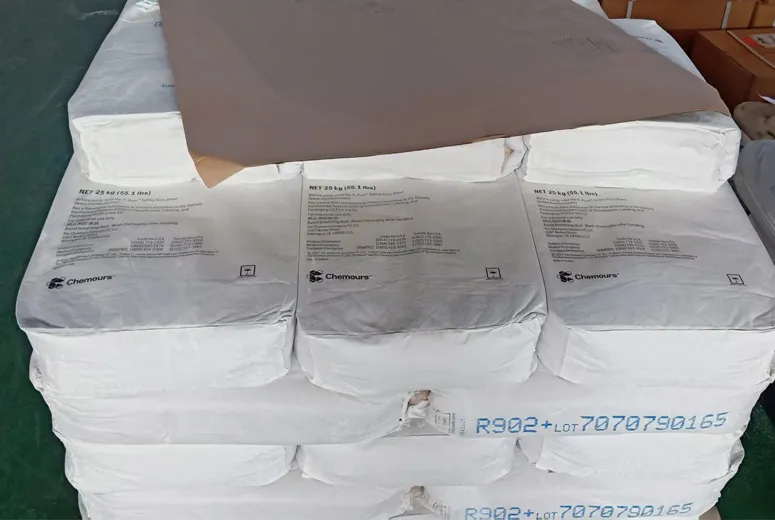
(pva supplier)

